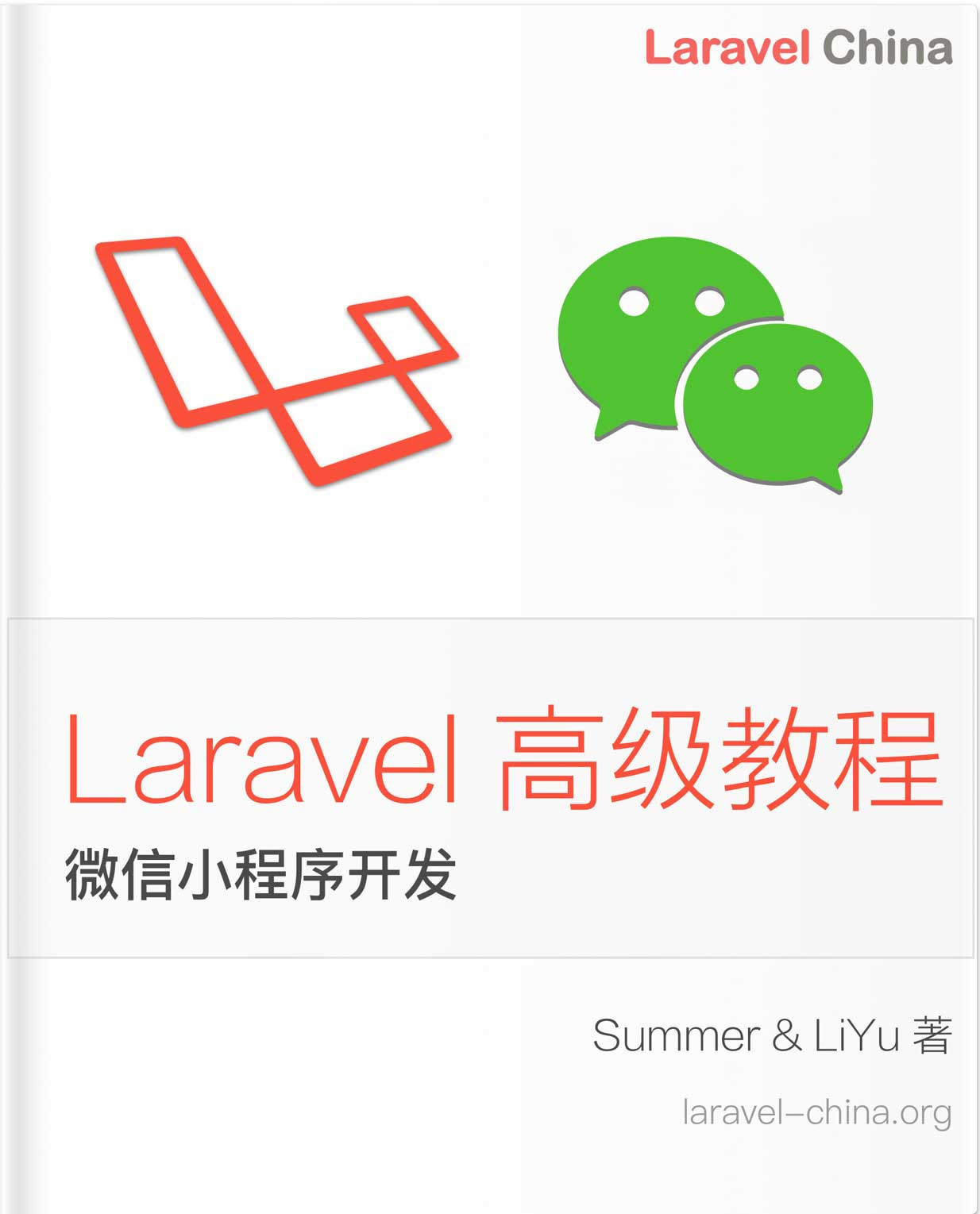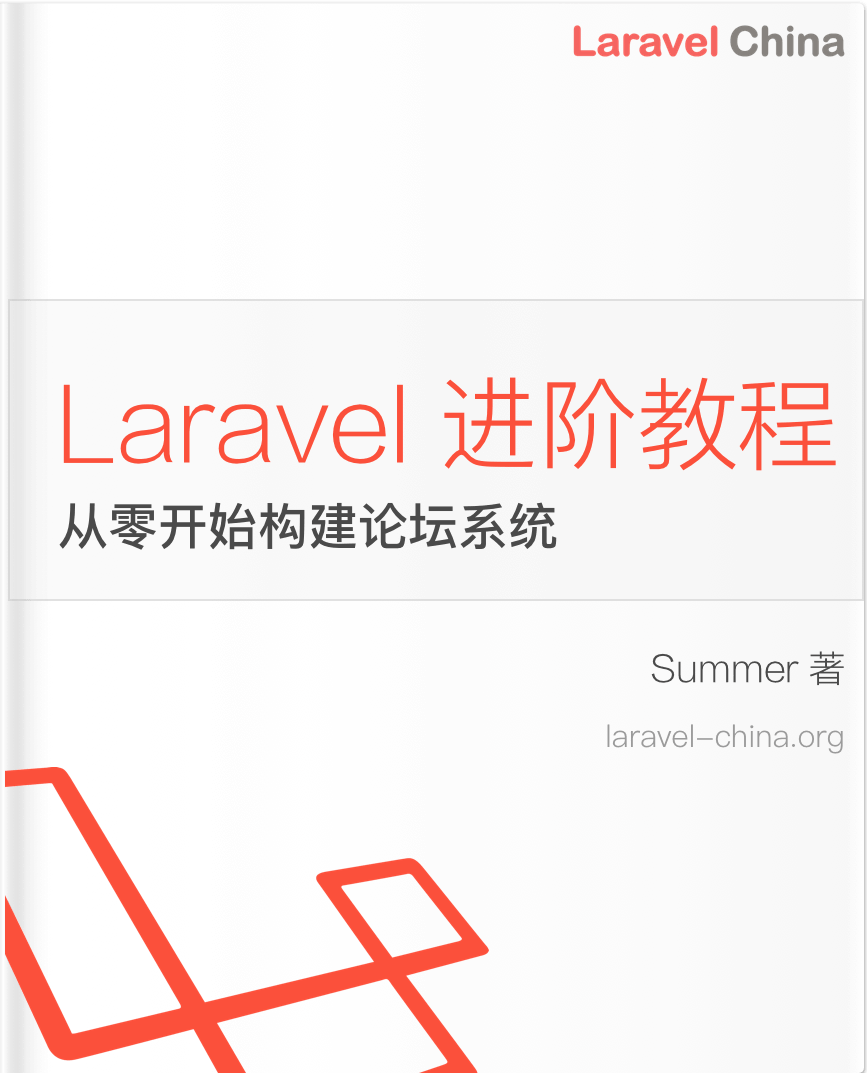讲讲我对 Laravel Policy 的认识
公司的项目中 Restful 的接口对应的资源的权限都使用 Laravel Gate Policy 做的,一般权限做了如下的限制:
- 创建
- 查看
- 更新
- 删除
这几个权限使用 Policy 可以很容易做出来,比如下面官网的例子,定义了 update 的 alibity:
<?php
namespace App\Policies;
use App\User;
use App\Post;
class PostPolicy
{
/**
* Determine if the given post can be updated by the user.
*
* @param \App\User $user
* @param \App\Post $post
* @return bool
*/
public function update(User $user, Post $post)
{
return $user->id === $post->user_id;
}
}Controller 中使用如下:
<?php
namespace App\Http\Controllers;
use App\Post;
use Illuminate\Http\Request;
use App\Http\Controllers\Controller;
class PostController extends Controller
{
/**
* Update the given blog post.
*
* @param Request $request
* @param Post $post
* @return Response
*/
public function update(Request $request, Post $post)
{
$this->authorize('update', $post);
// The current user can update the blog post...
}
}那问题来了,如果我想做资源列表(/posts)的权限怎么做?
我没进行思考,就直接想加到 policy 里面。
//PostPolicy
...
public function viewList(User $user, array $posts)
{
//todo
}
...
//PostController
...
$this->authorize('viewList', $posts);
...发现不行啊,细细的查看了 Gate 的实现,给你看一个函数你就懂了:
//Gate.php
protected function firstArgumentCorrespondsToPolicy(array $arguments)
{
if (! isset($arguments[0])) {
return false;
}
if (is_object($arguments[0])) {
return isset($this->policies[get_class($arguments[0])]);
}
return is_string($arguments[0]) && isset($this->policies[$arguments[0]]);
}在 authorize 的时候,Gate 会通过第一个参数(除去 user)来判断是哪个对象,知道了这个对象,才能找到对应的 policy class,所以一般我们这么用:
$this->authorize('update', $post);
$this->authorize('create', Post::class);如果你想用 viewList,可以这么做:
//PostPolicy
...
public function viewList(User $user, $class, array $posts)
{
//todo
}
...
//PostController
...
$this->authorize('viewList', Post::class, $posts);
...是不是觉得很变扭,$class 这个参数我们根本就没有用,回过头想一想,这么做好像哪里不太对。。。。。。。。。。。
是的,Policy 本来就是针对单个对象的,我现在要控制列表的权限,正确的做法应该是这样的:
\Gate::define('view-post-list', function ($user, $posts) {
//
});使用
//PostController
...
$this->authorize('view-post-list', $posts);
...查看 Gate 的代码,你会发现,他会优先 check policy 是否存在,不存在就会去检查是否有定义的 abilities,如果有就会使用,贴一段代码你就懂了:
protected function resolveAuthCallback($user, $ability, array $arguments)
{
if ($this->firstArgumentCorrespondsToPolicy($arguments)) {
return $this->resolvePolicyCallback($user, $ability, $arguments);
} elseif (isset($this->abilities[$ability])) {
return $this->abilities[$ability];
} else {
return function () {
return false;
};
}
}我猜你已经懂了我的意思,若没懂,请留言。
本帖已被设为精华帖!
说实话,这个小问题还是花了一些时间,差点气哭。
本帖由系统于 7年前 自动加精








 关于 LearnKu
关于 LearnKu



